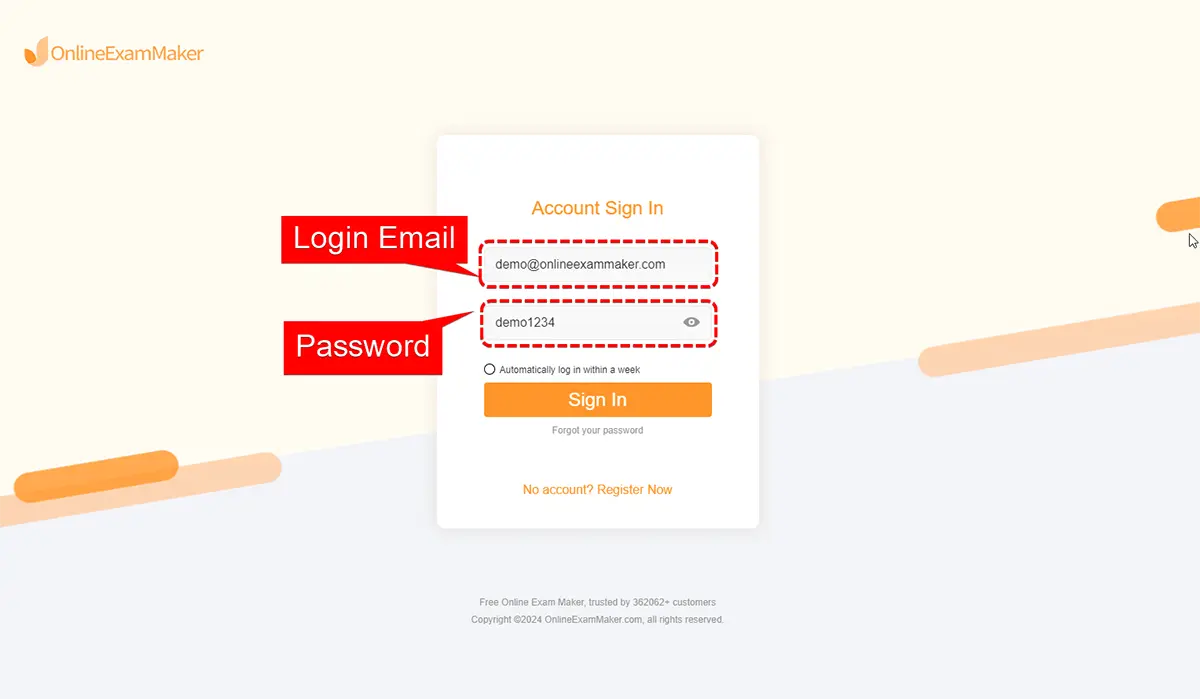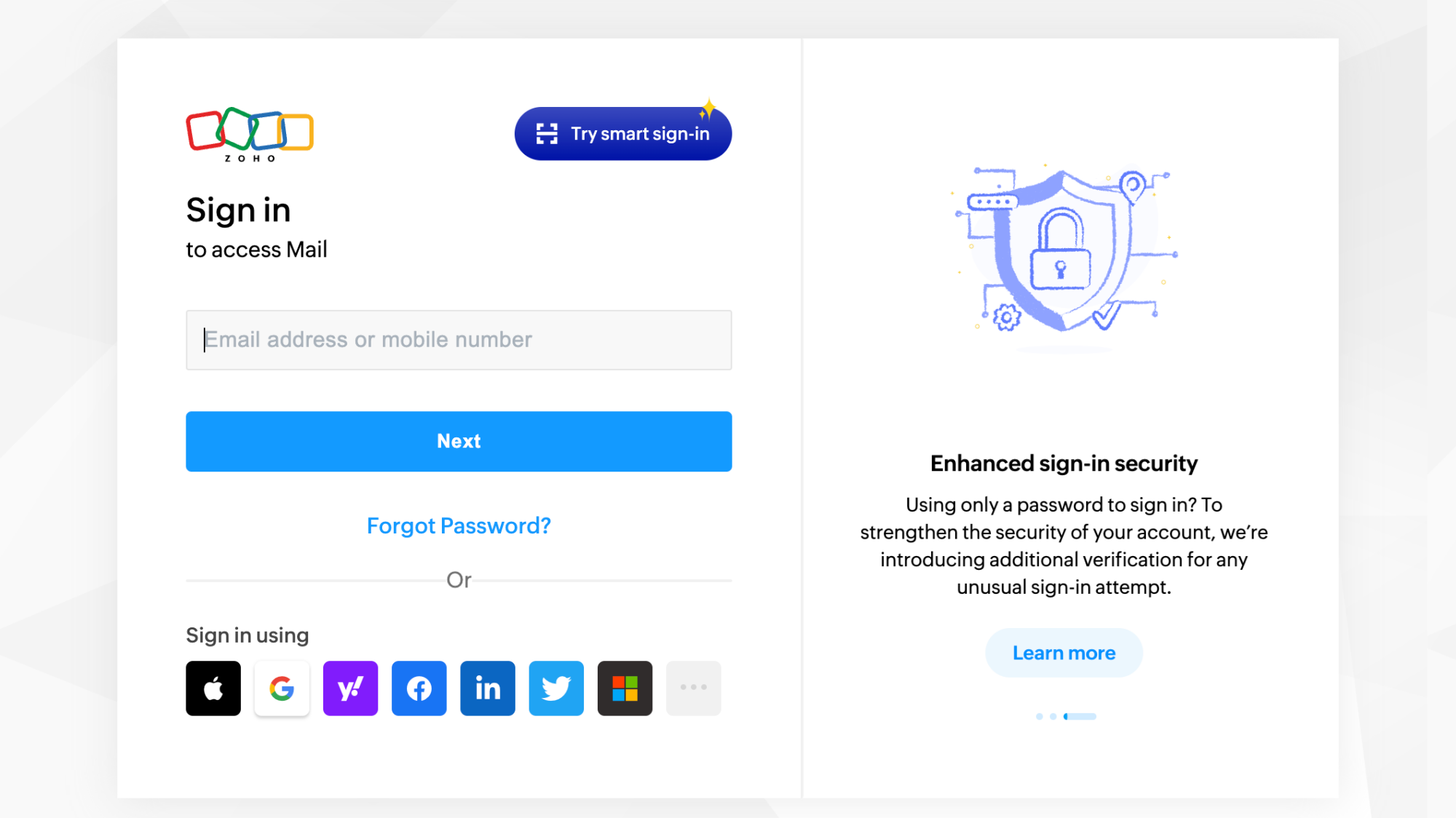1. Gmail (Google Workspace Essentials)
Overview
Gmail remains a top choice for businesses due to its robust features and integration with Google Workspace apps.
Features
- Storage: 15 GB of free storage shared with Google Drive and Google Photos.
- User Interface: Intuitive and user-friendly interface.
- Collaboration Tools: Seamless integration with Google Docs, Sheets, and Calendar.
- Security: Strong spam filtering, two-factor authentication, and advanced security features.
- Custom Domain: While the free version uses a
@gmail.comaddress, businesses can upgrade to Google Workspace for a custom domain.
2. Outlook.com (Microsoft 365)
Overview
Outlook.com offers a professional email experience with a familiar interface for users of Microsoft products.
Features
- Storage: 15 GB of free storage.
- Integration: Works well with Microsoft Office apps and OneDrive.
- User Interface: Clean and organized layout, with a focused inbox feature.
- Calendar and Tasks: Built-in calendar and task management tools.
- Custom Domain: Similar to Gmail, the free version uses
@outlook.com, but businesses can upgrade for a custom domain.
3. Zoho Mail
Overview
Zoho Mail is a feature-rich email service specifically designed for businesses.
Features
- Storage: 5 GB per user with a limit of 25 users on the free plan.
- Ad-Free Experience: No advertisements in the free version.
- Collaboration Tools: Integrated with Zoho's suite of productivity tools, including document editing and project management.
- Custom Domain: Allows businesses to use their own domain names even on the free plan.
- Security: Strong focus on privacy and security with end-to-end encryption options.
4. ProtonMail
Overview
ProtonMail is known for its emphasis on security and privacy, making it a great choice for businesses that prioritize these aspects.
Features
- Storage: 500 MB of free storage.
- End-to-End Encryption: Ensures that only you and your recipients can read your emails.
- User Interface: Simple and clean design, optimized for mobile and desktop.
- Custom Domain: Available in paid plans, but the free version can still be used for secure communication.
- No Personal Data Required: No personal information is required to create an account.
5. Yahoo Mail
Overview
Yahoo Mail offers a solid email service with a variety of features for business users.
Features
- Storage: 1 TB of free storage, which is generous compared to many competitors.
- User Interface: Customizable themes and a user-friendly layout.
- Organization Tools: Smart views to organize emails by categories like travel, purchases, etc.
- Calendar Integration: Built-in calendar for managing events and reminders.
- Custom Domain: While the free version uses
@yahoo.com, businesses can upgrade for a custom domain.
6. Mail.com
Overview
Mail.com provides a straightforward email service with a variety of domain options.
Features
- Storage: 65 GB of free storage.
- Domain Options: Users can choose from over 200 domain names (e.g.,
@consultant.com,@techie.com). - User Interface: Simple and easy to navigate.
- File Storage: Offers cloud storage for files, making it easy to share documents.
- Mobile Access: Compatible with mobile devices for on-the-go access.
Conclusion
Choosing the right free business email provider depends on your specific needs, such as storage requirements, security features, and integration with other tools. Gmail and Outlook.com are excellent for their extensive features and integrations, while Zoho Mail is ideal for businesses looking for a dedicated email platform. ProtonMail is perfect for those prioritizing privacy, and Yahoo Mail and Mail.com offer generous storage options. Each of these providers has unique advantages, so consider what features are most important to your business when making your choice.




